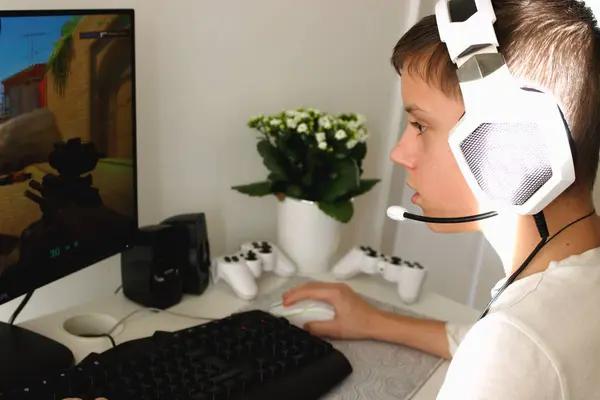How to Keep Online Gaming a Healthy Hobby
In today’s digital age, online gaming has become a popular pastime for millions around the world. While it offers entertainment, social interaction, and even cognitive benefits, it is essential to maintain a balanced approach to ensure that gaming remains a healthy hobby rather than turning into an unhealthy obsession. Keeping online gaming beneficial requires conscious effort and mindful habits.
First and foremost, setting limits on gaming time is crucial. It is easy to lose track of hours while immersed in virtual worlds or competitive matches. Establishing daily or weekly time boundaries helps prevent excessive play that can interfere with responsibilities such as work, studies, physical activity, and social interactions. Using timers or app-based reminders can assist gamers in sticking to these limits without feeling deprived.
Another important aspect is prioritizing physical health alongside gaming activities. Prolonged periods of sitting can lead to poor posture, eye strain, and reduced physical fitness. Taking regular breaks every hour-standing up, stretching muscles, walking around-can alleviate these issues significantly. Additionally, incorporating exercise routines outside of gaming sessions promotes overall well-being by improving circulation and reducing stress levels.
Maintaining mental health is equally vital when engaging in online games. Competitive environments sometimes foster frustration or anxiety due to losses or cuan368 toxic behavior from other players. Developing emotional resilience by focusing on enjoyment rather than just winning helps reduce negative feelings associated with gameplay. Moreover, choosing games that align with personal interests rather than peer pressure encourages positive experiences.
Social connections formed through multiplayer games can be rewarding but should not replace real-life relationships entirely. Balancing virtual friendships with face-to-face interactions ensures emotional support networks remain strong across different contexts. Parents and guardians should guide younger players toward safe communication practices online while encouraging offline activities too.
It also helps to diversify hobbies beyond gaming to avoid over-dependence on one form of entertainment. Engaging in creative pursuits like reading books, learning new skills such as cooking or playing instruments provides mental stimulation from various sources and prevents burnout related to repetitive screen time.
Finally, being aware of signs indicating unhealthy gaming patterns-such as neglecting personal hygiene, declining academic performance or work productivity-is essential for timely intervention either through self-regulation strategies or seeking professional help if needed.

